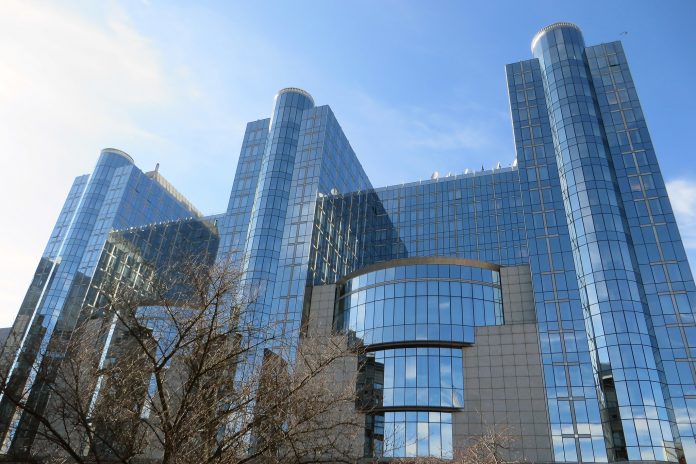MEPs stress that fighting organised crime and advancing towards EU integration are mutually reinforcing processes and call for an accelerated integration process.
In a report on cooperation in the fight against organised crime in the Western Balkans MEPs urged governments in the region to increase significantly their efforts to go forward with reforms in the area of the rule of law and the fight against corruption and organised crime. The EU should, according to MEPs, support these efforts through financial assistance and practical cooperation.
Accelerate the EU integration process
The report, adopted by the Foreign Affairs Committee on Tuesday by 60 votes in favour, 4 against and 6 abstentions, says Western Balkan countries are countries of origin, destination and transit for human trafficking, and they serve as a transit corridor for migrants and refugees and as a location for money laundering and firearms trafficking. However, MEPs stress that fighting organised crime and EU integration are mutually reinforcing processes, urging the EU to accelerate the integration process. In that context, as isolation encourages criminal activities, MEPs also call on the Council to approve visa liberalisation for Kosovo without further delay. The main factors that make Western Balkans societies vulnerable, the report says, are the lack of employment opportunities, corruption, disinformation, elements of state capture, inequality, and foreign interference from non-democratic regimes such as Russia and China.
Lack of genuine political will in fighting the organised crime
Regretting a lack of genuine political will on the parts of local political elites to fight organised crime, MEPs want Western Balkan countries to address fully the shortcomings of their respective criminal-justice systems, including the length of legal proceedings. Acutely aware of reports and accusations of links between high-level political figures and organised crime groups, MEPs underline the need to eradicate political and administrative links to organised crime through clear anti-corruption safeguards and the effective prosecution of high-profile corruption cases
Regional and international cooperation
Links between organised crime, politics and businesses existed before the break-up of Yugoslavia and have continued since the end of the conflicts of the 1990s, and MEPs condemn the apparent lack of will of the responsible authorities in the region to open the former Yugoslav archives and for files to be returned to governments if they want them. MEPs also underline that it is important for the Western Balkan countries to cooperate and share intelligence with Member States and international partners including the Unites States, Canada, the United Kingdom as well as with organisations such as NATO, the Council of Europe’s Group of States against Corruption (GRECO), the Organization for Security and Co-operation in Europe (OSCE) and the UN Office on Drugs and Crime (UNODC). The report welcomes the conclusion of cooperation agreements between Eurojust and the governments of Albania, North Macedonia, Montenegro and Serbia, as well as the authorisation to open negotiations with Bosnia and Herzegovina. MEPs urge the Council to authorise as soon as possible the opening of negotiations for a similar agreement with Kosovo. Rapporteur Lukas Mandl (EPP, AT) said: “Organised crime harms the confidence of citizens in their public institutions and in one another. That’s why it’s a major obstacle for the efforts of the societies in the Western Balkans to develop their states and economies. The EU must not use organised crime as an excuse to delay the enlargement process but should stand with the people of the Western Balkans in their fight against organised crime.”

